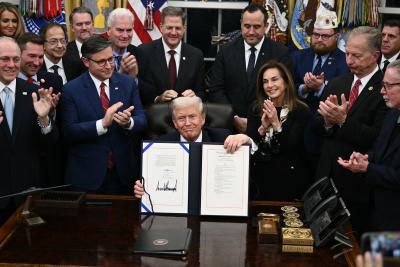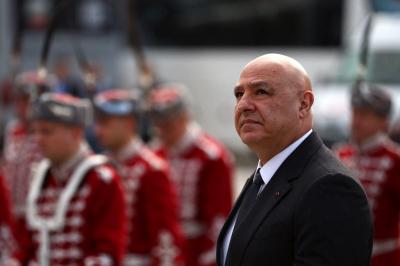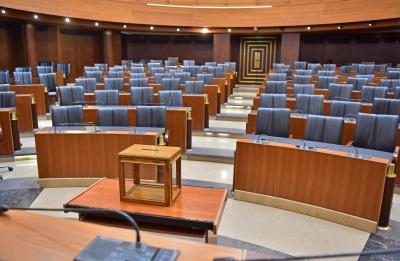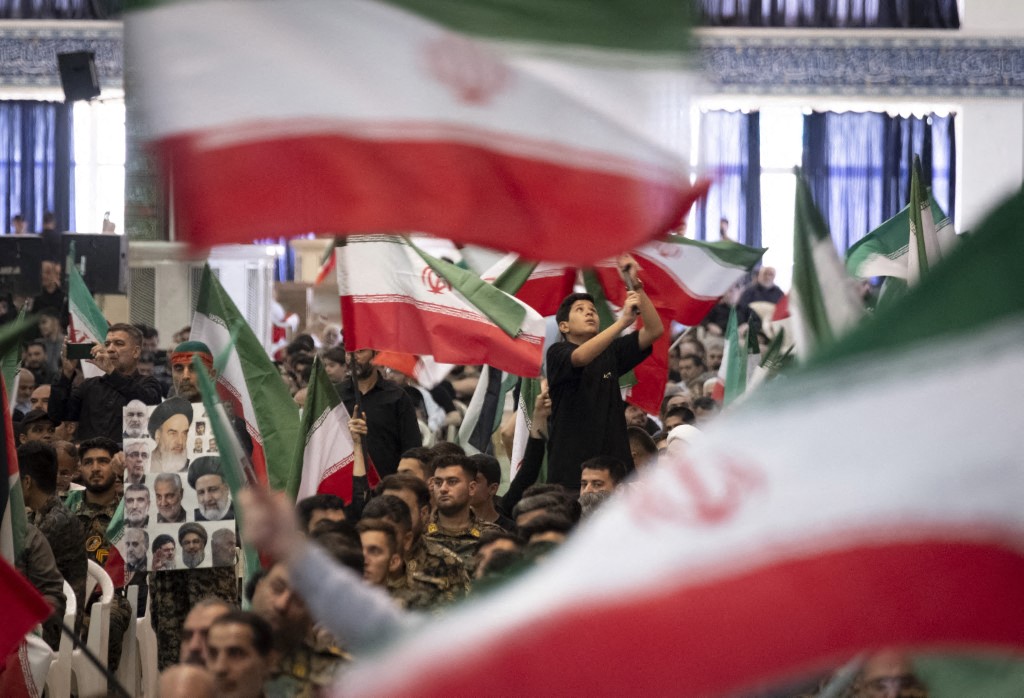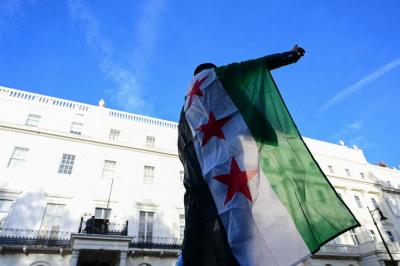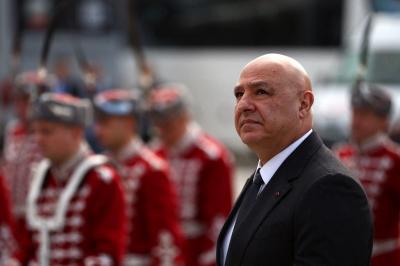If Karl Marx’s adage that “history repeats itself, first as a tragedy, second as a farce” holds, it can certainly be applied today to West Asia and the Middle East—more than a century after the so-called “Levant’s issue” and the decline of the “Sick Man of Europe” in the late 19th and early 20th centuries.
Back then, the setbacks of the Ottoman Empire turned its vast lands into fragments coveted by Europe and Russia (later the Soviet Union). Turkey was branded the “sick man,” and the “Levant’s issue” became the diplomatic shorthand for the empire’s dismantling. This reduced the Ottoman state to its present-day borders and left Istanbul, straddling the Bosporus, as a symbol of its ambiguous identity between East and West.
Today, history seems to echo in Iran’s imperial ambitions and its network of regional influence. The Islamic Republic risks becoming the new “sick man,” prompting speculation about a modern-day “Shiite issue,” one that may lead to the curtailment of Tehran’s power much as the Ottomans were cut down a century ago.
Signs of this unraveling are already visible: from the erosion of Iran’s influence in Syria, Lebanon, Gaza, and Iraq, to the rising assertiveness of Gulf Arab states. Add to that the strategic challenges of the Armenian-Azerbaijani Zangezur corridor, Iran’s own ethnic tensions, the deadlock of its nuclear file, and the aftermath of the “Twelve-Day War” with Israel and the United States.
The so-called “Shiite issue” is most acute in Lebanon, though it resonates in Iraq and Yemen as well, through Iran’s bid to build a Shiite metropolis under the guardianship of Supreme Leader Ali Khamenei and his clerical establishment, backed by the Revolutionary Guard.
In recent weeks, the issue has taken on a sharper edge in Lebanon, as "Hezbollah"’s leadership ramped up sectarian rhetoric to the point of threatening civil war in defense of its arsenal. One party spokesman even went so far as to dub "Hezbollah"’s weapons “the arms of God,” echoing Secretary-General Sheikh Naim Qassem’s fiery invocations of a “Karbala-like” showdown.
This discourse has intensified sectarian tensions, pitting "Hezbollah" against virtually every other religious community and political faction in the country. Support for the state’s decision to monopolize arms is enough to invite accusations of treason, intimidation, or vilification—whether the target is a cleric, politician, or government official. The result: "Hezbollah" finds itself increasingly isolated within Lebanon, while its Shiite ally, Speaker Nabih Berri, has been left in an awkward position, forced to navigate between his partnership with "Hezbollah" and the backlash from Lebanese, Arab, American, and European actors.
Thus, the “Shiite issue” has narrowed to one half of the Shiite duo—"Hezbollah"—while the other half, represented by Berri’s Amal Movement, has chosen either silence or discreet dissent. And wise Shiite voices admit there is no viable solution so long as the movement remains tied exclusively to Tehran. Most of the supply lines for weapons and funds have been severed, and the “field” networks through Iraq and Syria have collapsed with the downfall of Bashar al-Assad’s regime.
By contrast, other minorities in the region—such as the Kurdish-led Syrian Democratic Forces or the Druze of Sweida—have secured international or regional protection. But "Hezbollah"’s Shiites, amid the decline of Iran’s empire, are left with no umbrella but the Lebanese state—unless they accept the perilous role of serving as Israel’s border guards, a prospect made even more sensitive by the devastation of the latest war.
This is why political and spiritual leaders, both inside and outside Lebanon, have urged "Hezbollah" to stop defying the state and instead place itself under its protection by handing over its weapons. These appeals are not meant as ultimatums but as lifelines—first to "Hezbollah", second to its Shiite base, and third to Lebanon as a whole.
The pointed remark by U.S. envoy Tom Barrack, suggesting that it is in the Shiites’ own interest to abandon their arms, was no casual comment. It contained the seed of a genuine solution.
Unless "Hezbollah"’s leaders heed such warnings, the “Shiite issue” risks ending as disastrously as the “Levant’s issue”—or even the “Palestinian issue.” To avoid becoming the heirs of a new “sick man,” Lebanon’s Shiites will need to act wisely, before history repeats itself—this time as outright tragedy.
Please post your comments on:
[email protected]
 Politics
Politics


